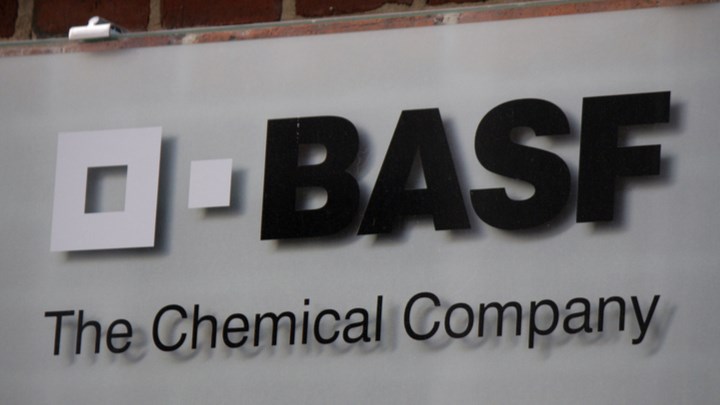Further job losses expected as BASF announces more cost cutting at its Ludwigshafen site

BASF has announced further measures to cut costs at its Ludwigshafen site in Germany. It aims to save an additional €1bn/y (US$1.1bn) by the end of 2026, which it expects will entail more job losses.
Last year, BASF announced measures to save €500m/y, anticipating continued impacts from Russia’s invasion of Ukraine and the Covid-19 pandemic. The measures primarily affected the Ludwigshafen chemical complex and were expected to result in 2,600 net job losses.
The 2023 announcement came on top of the company’s 2022 plans to cut costs at European sites, with Ludwigshafen providing more than half the targeted savings.
As a result, BASF saved €600m by the end of 2023, and expects to save another €500m come the end of 2026.
But despite these savings and positive earnings made in most “significant” countries during 2023, BASF still made a loss in Germany, primarily due to substantial negative earnings at its Ludwigshafen site. It blamed this on low demand, and higher production costs stemming from increased energy prices.
Martin Brudermüller, chairman of BASF’s board of executive directors, said: “The negative earnings at our Ludwigshafen site show the urgent need for further decisive actions here to enhance our competitiveness.”
The company’s latest plans for reducing costs will include redesigning processes and adjusting capacities to suit market needs. BASF will also make changes in non-production areas at the site.
The full programme of measures is expected to lead to job cuts, but the details are not yet settled.
BASF said it will work closely with employee representatives as plans progress.
Along with the cost reductions, BASF said that it will “do everything possible” to increase use rates of competitive assets at Ludwigshafen. Lower than normal levels of use have contributed to the losses, particularly in upstream plants falling under its chemicals and materials segments.
BASF will update on its long-term targets for the site in the second half of this year.
Brudermüller said: “The board team will remain strongly committed to the Ludwigshafen site. We want to develop Ludwigshafen into the leading low-CO2-emission chemical production site with high profitability and sustainability. We will focus Ludwigshafen on supplying the European market to remain the partner of choice for our customers. To achieve this, it is essential that we implement the programme consistently and as quickly as possible.”
Ludwigshafen is the company’s oldest and largest integrated chemical site. It served as the cradle of BASF’s Verbund concept, in which production facilities, energy flows, and logistics are networked together to use resources as efficiently as possible.
Recent Editions
Catch up on the latest news, views and jobs from The Chemical Engineer. Below are the four latest issues. View a wider selection of the archive from within the Magazine section of this site.




